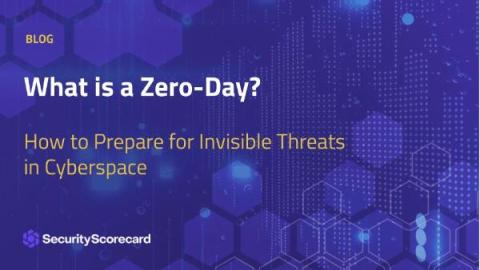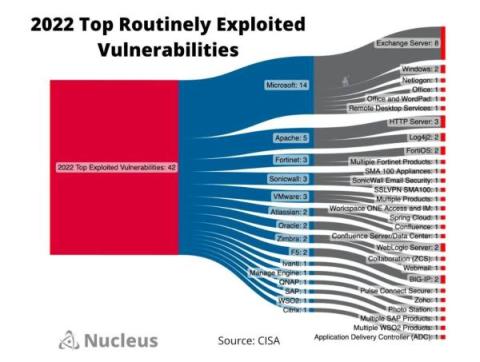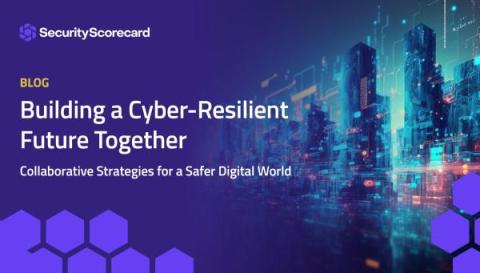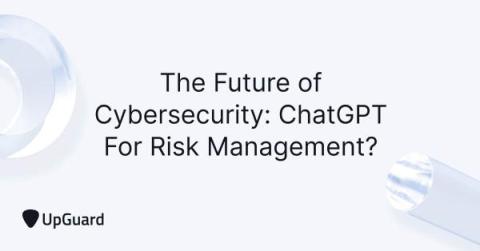Why a robust risk management and cyber resiliency plan is an absolute necessity
As we are in the midst of Cybersecurity Awareness Month, and in the lead-up to our own Secure Connected Future Summit which we are hosting in November, I feel that a lot of the focus when it comes to cybersecurity still tends to be on prevention tactics. However, I would argue that it is not just about having the right defensive cybersecurity tools in place, but it is also about understanding how the organisation will recover from an incident – how quickly and at what cost to the business.











